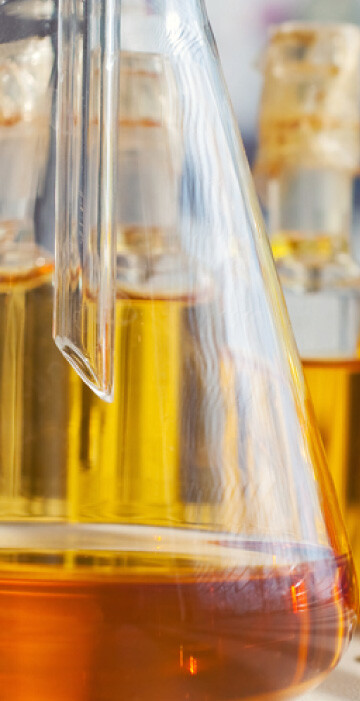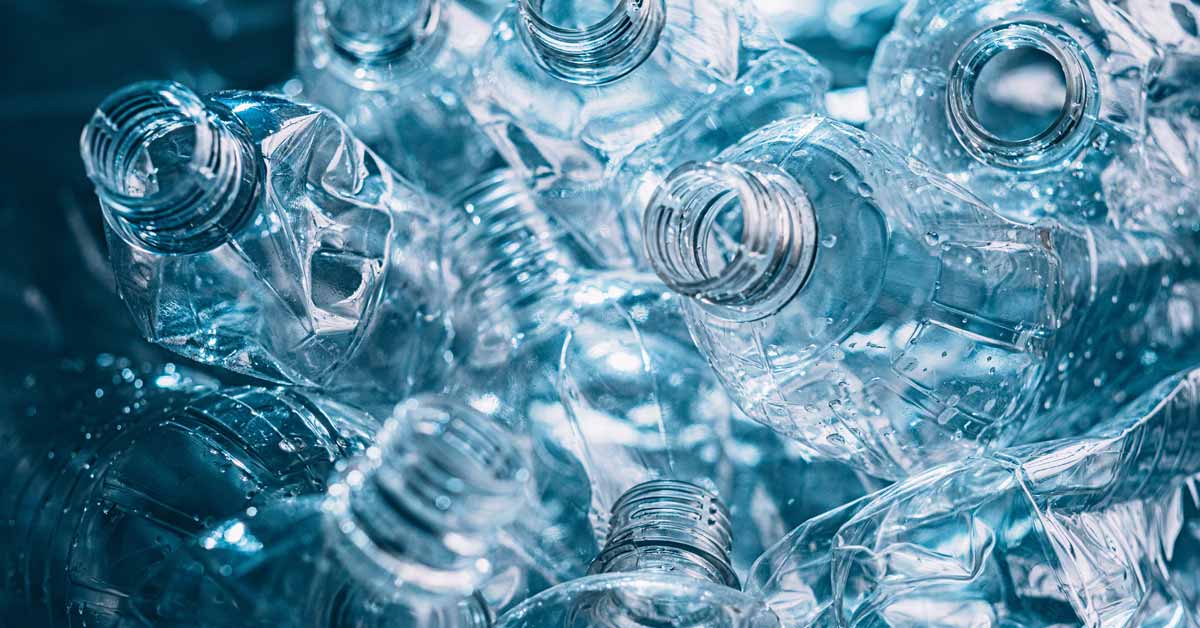1 min read
Biofuels and Renewable Chemicals Producers Step Up in Response to Covid-19 Crisis
 Doris de Guzman
:
May 20, 2020 12:00:00 AM
Doris de Guzman
:
May 20, 2020 12:00:00 AM

As some chemical companies ramped up their production of ingredients for sanitising and disinfectant products, several biofuel companies and distilleries have also retrofitted their facilities to produce these ingredients especially ethanol and glycerine in response to a global shortage of sanitising and disinfectant products driven by the COVID-19 pandemic. Not all ethanol producers can make the beverage-grade ethanol required to produce hand sanitiser, and in fact, those that do make it in the USA and in Europe are reportedly nearing maximum capacity. The recommended sanitising formulation by the World Health Organisation calls for 60% alcohol content, a small amount of hydrogen peroxide and some glycol or glycerine.
In the USA, the Food and Drug Administration (FDA) approved the manufacture of ethanol for disinfectants made from facilities that produces fuel grade products as long as the ethanol does not contain additional additives or chemicals from the plants and that companies need to ensure water purity and proper sanitation of equipment. The FDA will consider each facility on an individual basis and grant approval only if a plant meets quality control specifications. The US Department of the Treasury’s Alcohol and Tobacco Tax and Trade Bureau (TTB) also created exemptions for certain alcohol fuel permit holders to sell ethanol for use in the production of hand sanitisers.
With these government waivers, California-based bioethanol fuel producer Aemetis began shipments of 200 proof alcohol on 20 March for use in the production of hand sanitiser from its 65 mgpy ethanol plant near Modesta, California. Aemetis became one of the first ethanol players to take advantage of the US Treasury’s authorisation. At a time when fuel ethanol prices are depressed due to low gasoline prices driven by low demand, ethanol producers can also capitalise on this market application with a prospective selling price upwards of around $70/gal (as opposed to fuel ethanol of around $1/gal) as reported by some industry analysts. A 60 mgpy ethanol plant like Aemetis’s facility could reportedly switch over around 33% of its production of the next six months or so, although of course with other fuel ethanol producers joining the market, price could go lower as alcohol supply for sanitisers ramp up.



![[Video] Molecules to Markets Episode 1: Chemical Markets Begin 2026 in a Supply-Driven, Margin-Sensitive Environment](https://www.resourcewise.com/hubfs/images-and-graphics/blog/chemicals/2026/weekly-video-series-molecules-to-markets/CHEM-Weekly-Video-Series-Molecules-to-Markets-Episode-1.png)
